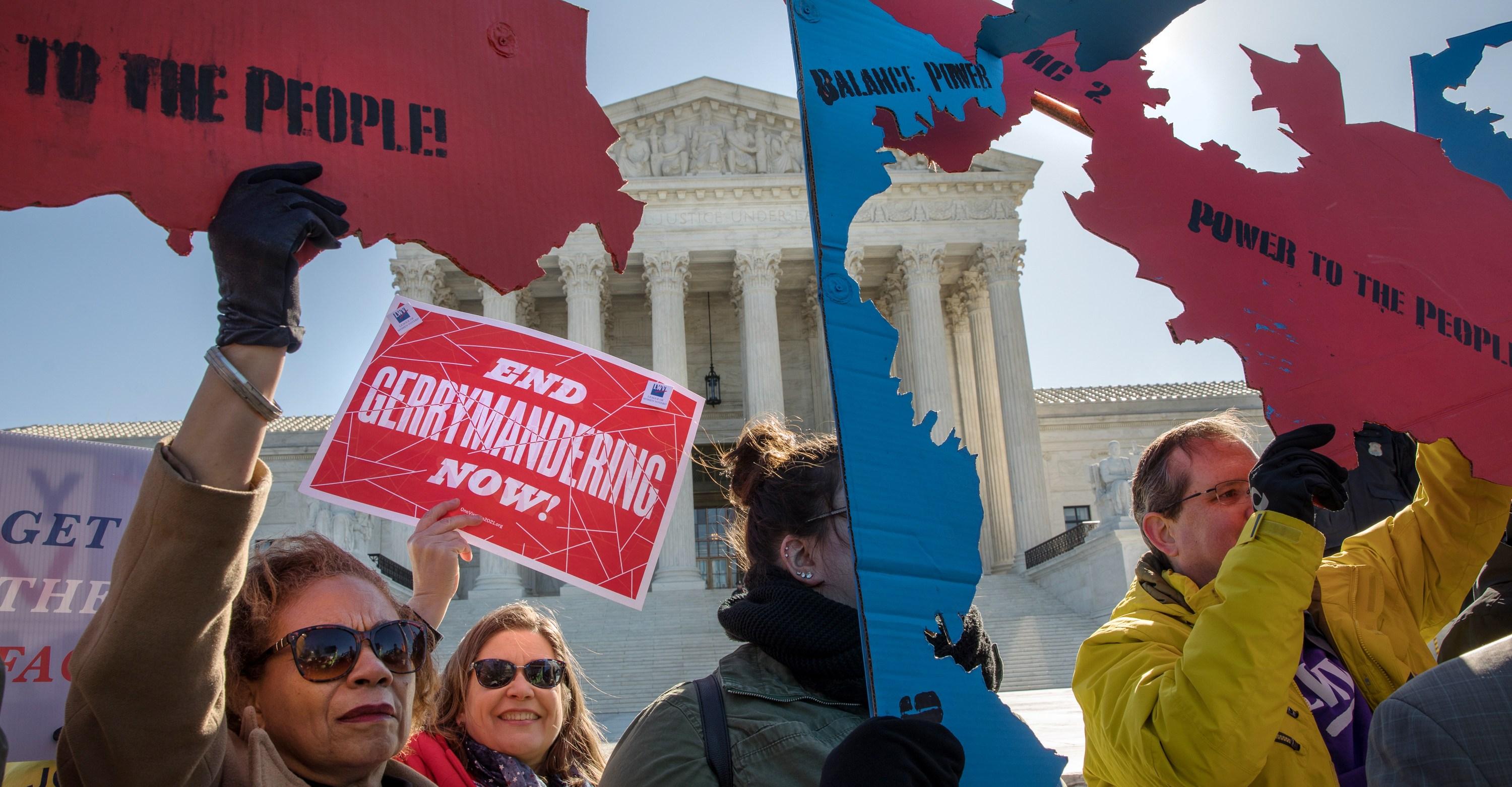World Bank has suggested increasing taxes on socially harmful goods, including tobacco, other unhealthy products and goods that harm the environment.


Islamabad: The World Bank has asked Pakistan for continuous recommendations on increasing electricity and gas rates as well as pension reforms.
The World Bank in its Pakistan Development Update on Pension Reforms has called for the immediate introduction of reforms to reduce the financial burden arising from federal and provincial public sector pensions.
According to the World Bank, preliminary steps should be taken to develop and implement a pension reform plan to ensure long-term financial sustainability. Initial steps should be taken under the reform plan to rationalize public sector remuneration.
The World Bank has also called for price reforms in the electricity and gas sector to be linked to supply costs to limit rising revolving credit in the electricity and gas sector and to protect the poor by increasing social protection.
On Personal Income Tax (PIT) revenue reforms, the World Bank has also called for reforms in the personal income tax system to reduce complexity by streamlining schemes for salaried and non-salaried employees.
According to the World Bank, PIT schedules should be reformed by harmonizing the rate structure among taxable income sources and treating certain sources of income to increase equity by eliminating the privileged class.
In its report, the World Bank has suggested increasing taxes on socially harmful goods, including tobacco, other unhealthy products and goods that harm the environment.
In addition, the World Bank has called for the elimination of personal income tax "withholding" charges on consumption of energy products, telecommunications, financial services and others to reduce the total tax burden on poor and vulnerable households.
Gas leak caused blast in Iran's Bandar Abbas, Iranian media say
- 4 hours ago

Xbox Cloud Gaming’s new design teases the future of Xbox console UI
- 21 hours ago

The Supreme Court will soon decide if only Republicans are allowed to gerrymander
- 19 hours ago
NDMA forecasts rain, snowfall in hilly areas
- a day ago
Gadecki, Peers win another Australian Open title
- 9 hours ago

Amazon’s ‘free, no hassle returns’ issue results in over $1 billion settlement
- 21 hours ago
Catherine O'Hara, star of 'Schitt's Creek' and 'Home Alone,' dead at 71
- 9 hours ago
Security forces kill 58 terrorists after coordinated attacks at ‘12 locations’ in Balochistan
- 10 hours ago
Renowned digital creator Syed Muhammad Talha shifts focus to filmmaking
- 9 hours ago
AJK President Sultan Mehmood Chaudhry passes away at 71
- 6 hours ago
Second T20I: Green Shirts beat Australia by 90 runs
- 8 hours ago
PM inaugurates Punjab Agriculture, Food and Drug Authority
- 10 hours ago








